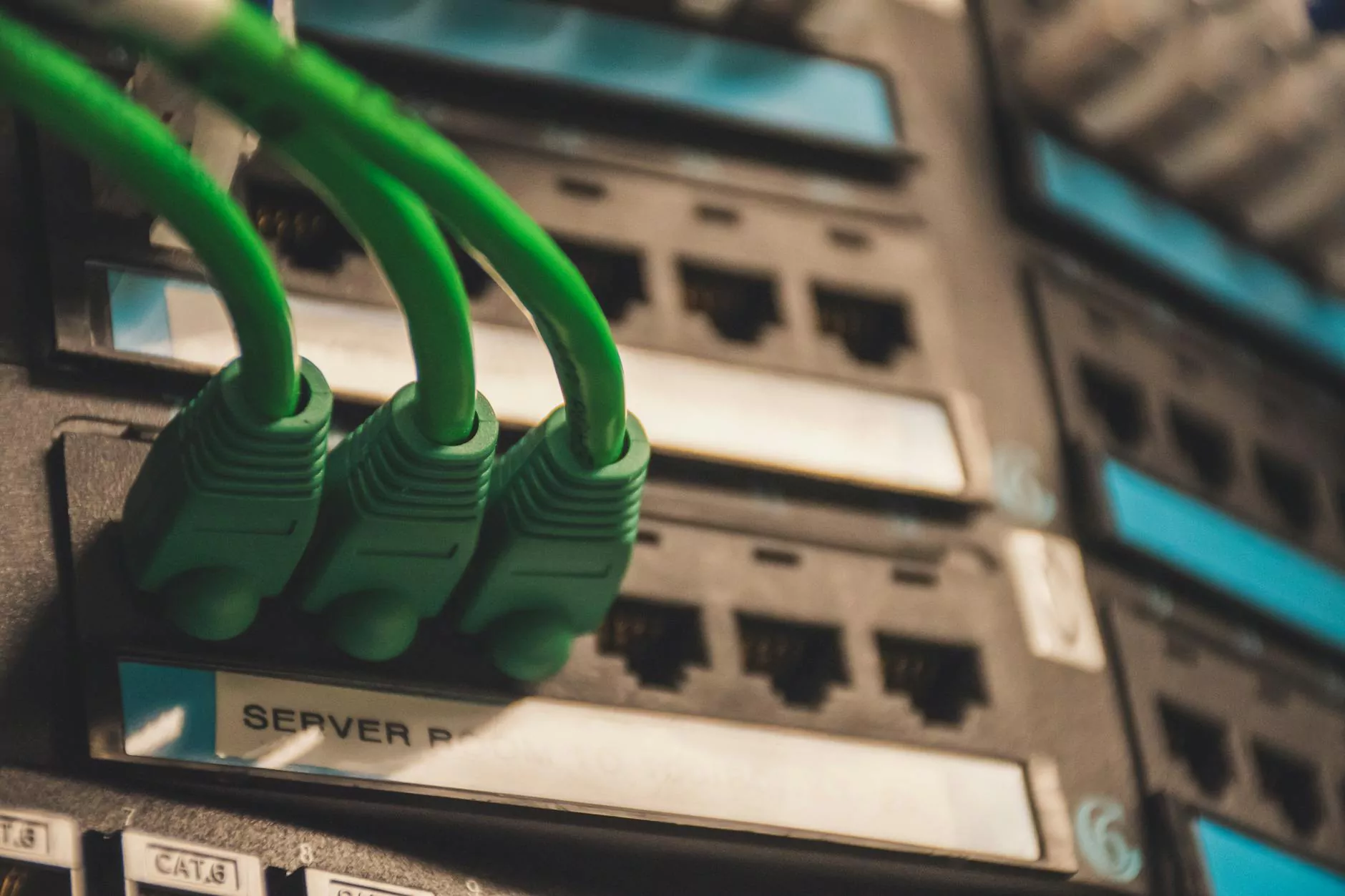Comprehensive Guide to CT Scan for Lung Cancer: Essential Insights for Early Detection and Accurate Diagnosis

In the rapidly evolving landscape of healthcare and medical technology, advanced imaging techniques like the CT scan for lung cancer have revolutionized the way clinicians detect, diagnose, and manage this potentially deadly disease. As part of our commitment at Hellophysio.sg to provide high-quality healthcare insights, we present this comprehensive guide covering all essential aspects of CT scans for lung cancer.
Understanding Lung Cancer: An Urgent Medical Concern
Lung cancer remains one of the leading causes of cancer-related deaths worldwide, accounting for a significant global health burden. Early detection is critical; the sooner lung cancer is identified, the better the prognosis and treatment options. Often, symptoms only appear in advanced stages, making sophisticated imaging vital for early diagnosis.
What Is a CT Scan for Lung Cancer?
A CT scan for lung cancer — also known as computed tomography — is a non-invasive diagnostic imaging procedure that provides detailed cross-sectional images of the lungs and chest cavity. Unlike traditional X-rays, a CT scan offers high-resolution images, enabling doctors to identify abnormal growths, nodules, or masses with exceptional clarity.
The Role of CT Scan in Lung Cancer Detection and Management
Why is a CT scan for lung cancer essential?
- Early Detection: CT scans can identify small nodules or tumors that are often invisible to conventional X-ray imaging, facilitating earlier intervention.
- Precise Localization: Provides accurate details on the size, shape, and location of suspicious lesions within the lungs.
- Staging and Extent: Helps determine whether cancer has spread to lymph nodes or other organs, which is vital for staging and treatment planning.
- Guidance for Biopsy: Assists in planning minimally invasive biopsies by pinpointing the exact location of suspicious tissues.
- Follow-up Monitoring: Evaluates the effectiveness of treatment and monitors for recurrence post-therapy.
How a CT Scan for Lung Cancer Is Performed
The procedure generally involves the individual lying on a motorized table that slides into a doughnut-shaped scanning machine. During the process:
- Multiple images are acquired from various angles.
- The scan is quick, usually completed within 10-20 minutes.
- Contrast agents may be used to enhance image clarity, administered intravenously.
The radiologist then analyzes these images to identify any suspicious findings and provide a detailed report for the physician's review.
Advanced Imaging Technologies in Modern CT Scans
Leaders in medical imaging, such as those at Hellophysio.sg, utilize the latest CT technology, including:
- High-Resolution CT (HRCT): Provides extremely detailed images of lung structures, invaluable for early detection especially in high-risk groups.
- Low-Dose CT (LDCT): Aimed at reducing radiation exposure without compromising image quality, particularly suitable for screening purposes.
- 4D CT Imaging: Offers dynamic assessment, which can be useful for functional studies in the future.
The Importance of Screening and When to Consider a CT Scan for Lung Cancer
Screening programs utilizing low-dose CT scans have demonstrated significant success in reducing lung cancer mortality among high-risk groups—primarily current or former heavy smokers aged 55-74 years. Early screening can detect lung abnormalities before symptoms manifest, thereby improving survival rates.
High-Risk Population for Lung Cancer Screening
- Individuals aged 55 – 74 with a history of heavy smoking (>30 pack-years)
- Smokers who have quit within the past 15 years
- People with a significant occupational or environmental exposure to lung carcinogens
- Individuals with a personal or family history of lung cancer
Risks and Limitations Associated with a CT Scan for Lung Cancer
While CT scans for lung cancer offer tremendous benefits, awareness of potential limitations and risks is important:
- Radiation Exposure: Although low-dose CT minimizes risks, it still involves radiation which should be justified by clinical indications.
- False Positives: May identify benign nodules, prompting unnecessary biopsies or anxiety.
- Overdiagnosis: Detecting indolent tumors that may never impact health, leading to overtreatment.
How to Prepare for a CT Scan for Lung Cancer
Preparation involves:
- Informing the radiology team of any allergies, especially to contrast agents.
- Fasting if contrast dye is to be used.
- Wearing loose, comfortable clothing without metal fasteners.
- Removing jewelry, eyeglasses, or dentures that might interfere with imaging.
The Role of Healthcare Providers in Managing Results
Post-scan, a detailed radiology report guides the clinician in further decision-making, whether that’s additional testing, biopsy, surgery, radiation therapy, or a combination thereof. Multidisciplinary teams at facilities like Hellophysio.sg ensure comprehensive care, integrating imaging findings into personalized treatment plans.
Incorporating CT Scan for Lung Cancer Into Broader Lung Health and Medical Services
Beyond lung cancer detection, advanced CT imaging supports broader health and medical goals, such as:
- Monitoring chronic lung conditions like COPD or pulmonary fibrosis.
- Assessment of infectious diseases, including tuberculosis.
- Evaluating preoperative status for thoracic surgeries.
Choosing the Right Facility for Your CT Scan for Lung Cancer
Opting for a reputable, technologically advanced healthcare provider is crucial for accurate results. At Hellophysio.sg, we pride ourselves on offering state-of-the-art imaging equipment, experienced radiologists, and a patient-centered approach to ensure comfort, safety, and reliable diagnostics.
Conclusion: Prioritize Lung Health with Cutting-Edge Imaging
In summary, the CT scan for lung cancer is an indispensable tool for early detection, precise diagnosis, and effective management of lung malignancies. Regular screening for high-risk populations and timely imaging evaluation can significantly improve outcomes and save lives. At Hellophysio.sg, our commitment to integrating advanced medical technology with compassionate care ensures that patients receive the most accurate and effective diagnostic services available today.
Remember, proactive lung health management is essential. If you believe you are at risk or require screening, consult a healthcare professional about scheduling a CT scan for lung cancer as part of your comprehensive health plan.









